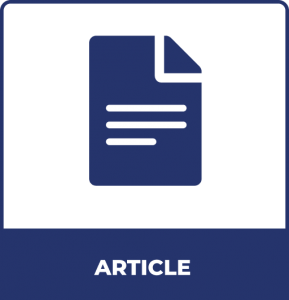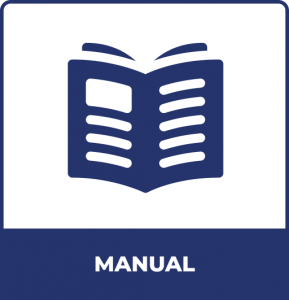Part One of this volume contains the work product of the 161st International Training Course, conducted from 19 August to 17 September 2015. The main theme of the 161st Course was Staff Training for Correctional Leadership. Part Two contains the work product of the 18th UNAFEI UNCAC Training Programme, conducted from 14 October to 18 November 2015. The main theme of the 18th UNCAC Programme was Effective Anti-Corruption Enforcement and Public–Private and International Cooperation. The 161st Course offered participants an opportunity to deepen their understanding of relevant United Nations standards and norms on offender treatment and introduced practices and measures for the capacity building of correctional personnel. Standards and norms such as the Standard Minimum Rules for the Treatment of Prisoners (1955) and the Standard Minimum Rules for Non-custodial Treatment (1990) (“The Tokyo Rules”) encourage UN member states to implement policies and practices that protect the dignity and human rights of offenders and correctional staff, as well as policies and practices that seek to reduce recidivism by promoting offender rehabilitation and social reintegration. A common theme of these instruments is recognition that full implementation of such policies and practices cannot succeed without proper training of correctional leaders and staff.
The 18th UNCAC Programme addressed challenges facing anti-corruption officials and encouraged the exchange of best practices to prevent and combat corruption. Corruption is a secret crime, which makes it very difficult for criminal justice authorities to obtain effective leads and to fully develop and investigate them. The participants considered measures to address these problems, such as witness protection, protection of reporting persons, mitigating punishment or providing immunity to cooperative persons, special investigative techniques (controlled delivery, electronic surveillance, and undercover operations), criminalization of illicit enrichment and obstruction of justice, and so on. The programme also stressed the importance of international cooperation and cooperation between the public and private sectors for effective anticorruption enforcement.
PART ONE – WORK PRODUCT OF THE 161ST INTERNATIONAL TRAINING COURSE STAFF TRAINING FOR CORRECTIONAL LEADERSHIP
Visiting Experts’ Papers
– Effective Training for the Prevention of Misconduct and Corruption in Detention and Corrections; Analysis of Current Training Systems, the Development and Use of Training Needs
– Analysis and Training Effectiveness;
– Training Manuals and Lesson Plans for Correctional Staff Including Practical;
– Application of the UN Standards and Norms;
– International Standards and Norms as Guidance in the Criminal Justice System;
– Staff Training for Correctional Leadership: the Hong Kong Experience;
– Staff Training for Correctional Leadership;
– Administration of the Kenya Prisons Organization;
– Enhancing the Organizational Strengths of Criminal Justice Organizations
– Developing Effective Training Curricula
PART TWO – WORK PRODUCT OF THE 18TH UNAFEI UNCAC
TRAINING PROGRAMME – EFFECTIVE ANTI-CORRUPTION ENFORCEMENT AND PUBLIC–PRIVATE AND INTERNATIONAL COOPERATION
Visiting Expert’s Paper
– Brief Overview of the German Criminal Justice System: The German Legislative Response to Corruption Crime
– Criminal Justice Response to Corruption in Honduras
– Criminal Justice Response to Corruption in Kazakhstan
– Criminal Justice Response to Corruption in Maldives
– Criminal Justice Response to Corruption in South Sudan
⃝- Criminal Justice Response to Corruption in Thailand
– Effective Anti-Corruption Enforcement and Public–Private and International Cooperation
⃝- Effective Anti-Corruption Measures
⃝- Corruption in Developing Countries and Its Possible Solutions
⃝- Effective Measures for Combating Corruption from Detecting Leads to Trial
—A Comparative Analysis of Domestic Laws
UNAFEI
UNAFEI (2016). RESOURCE MATERIAL SERIES No. 98. United Nations Asia and Far East Institute for the Prevention of Crime and the Treatment of Offenders. No98_00All.pdf (unafei.or.jp)



